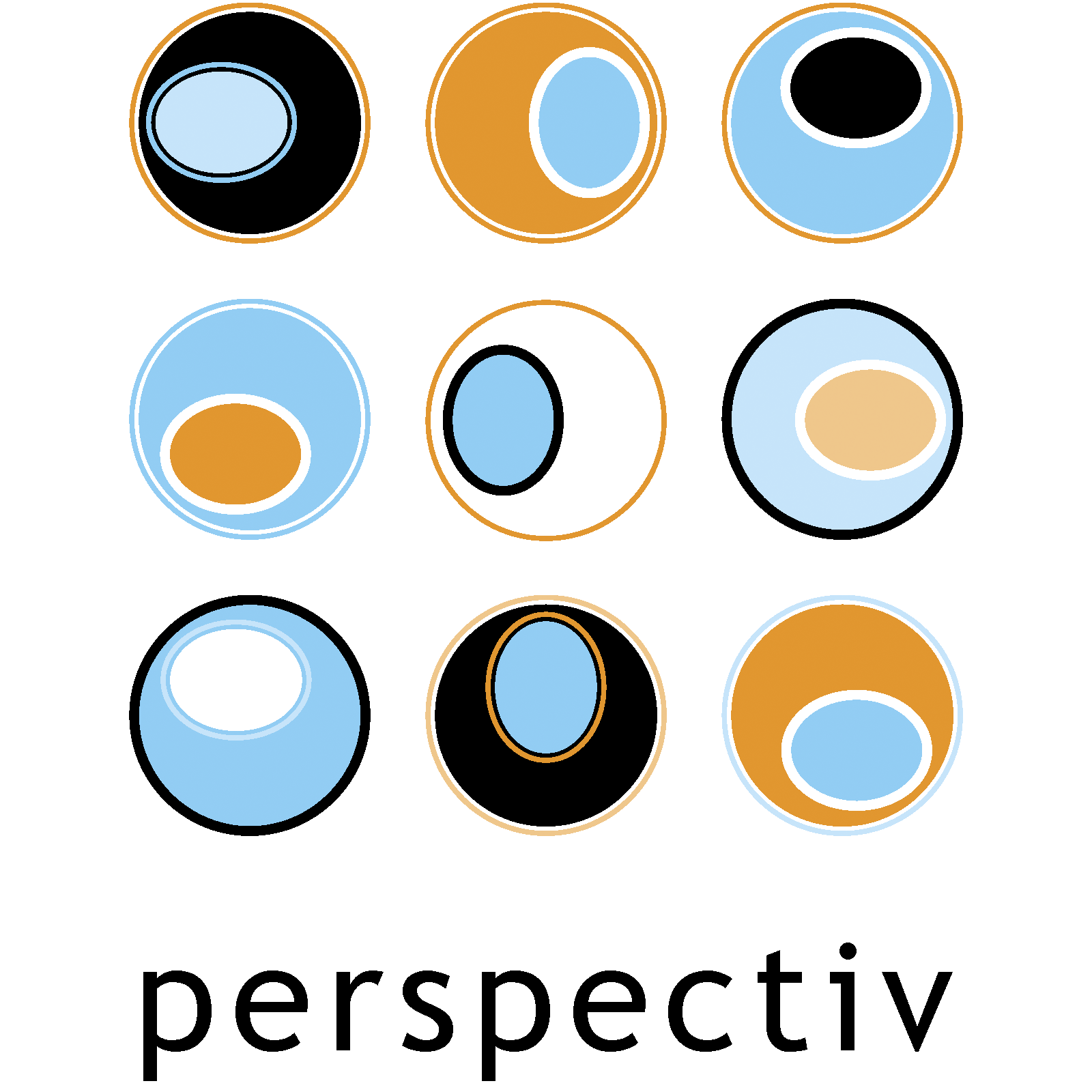The misery of uncertainty
Perspectiv’s Andy Wilkins muses on the quote that “most people prefer the certainty of misery to the misery of uncertainty”…
Is it so that “the certainty of misery is preferred to the misery of uncertainty”? I can’t recall exactly where I first came across this phrase – I think it was part of a humorous advertisement for an investment company.
A Google search to find the source provides rich pickings to choose from, including my favourite from Forbes about how David Bowie created his own unique niche in music and fashion by somehow remaining unclassifiable and timeless in genre, style and appeal… my favourite because I grew up in the 70s with Ziggy Stardust, Moonage Daydream and Major Tom. Despite, or perhaps thanks to, his ‘uncertainty’, Bowie remains a global cultural icon.
For someone like me in the business of helping people develop their capabilities to address complex problems such as those associated with performance improvement, innovation, and change, this phrase has been bouncing around in my head for more years than I care to remember: The majority of people prefer to be miserable than to step into an uncertain future. A future that could of course be better than the present or worse.
And there is the rub. What ‘better’ means is different to different people. Much of what can be observed in people’s behaviour derives from our approach to education that seems to want to prepare people for a fairly stable environment. Certainty.
But the reality is a world characterised by VUCAsity – volatility, uncertainty, complexity, and ambiguity – which one might summarise as ‘turbulence’. A world where information has never been more accessible on the one hand, but with so much changing on the other. Uncertainty.
TAKING a Janusian Approach
‘The test of a first-rate intelligence is the ability to hold two opposing ideas in mind at the same time.’
– F. Scott Fitzgerald
In our approach to moving forward with complex situations, we find it helpful to hold more than one (and often opposing) viewpoints in mind at one time. We sometimes refer to this as the need to be ‘ambidextrous’ or ‘Janusian’ after the Roman God Janus, who had to look in opposite directions at the same time.
Next time you are faced with a complex situation, consider whether it is more useful to focus on what you do know, or step into an uncertain future and embrace what you don’t know. In the words of David Bowie, to “turn and face the strange”.


